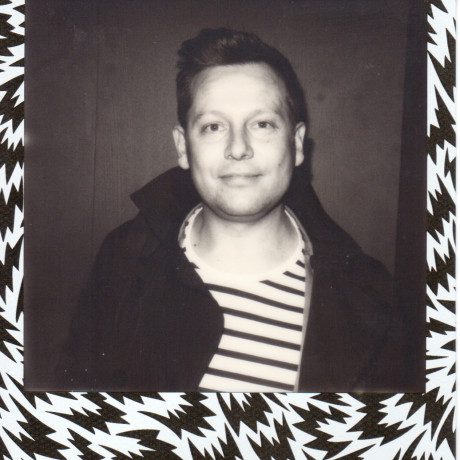Freelance Doesn’t Mean Free?
There has always been and will always be ongoing debates, amongst photographers, that never reach a satisfactory or definitive conclusion. Mainly because there isn’t one; Canon vs Nikon [other brands are available]; Mac vs Windows; analogue vs digital; amateur vs professional, or more specifically paid vs unpaid
That final topic is one that seems to arouse the most passion and fire, especially, it seems, in the world of music/concert photography. Within various Facebook groups and other forums, these go on ad infinitum without any resolution, and there is one very simple reason; nowadays there is practically no money to be made from [shooting] music photography. Nevertheless, I would like to address the issue, looking at both sides of the argument in as rational and reasonable way as possible.
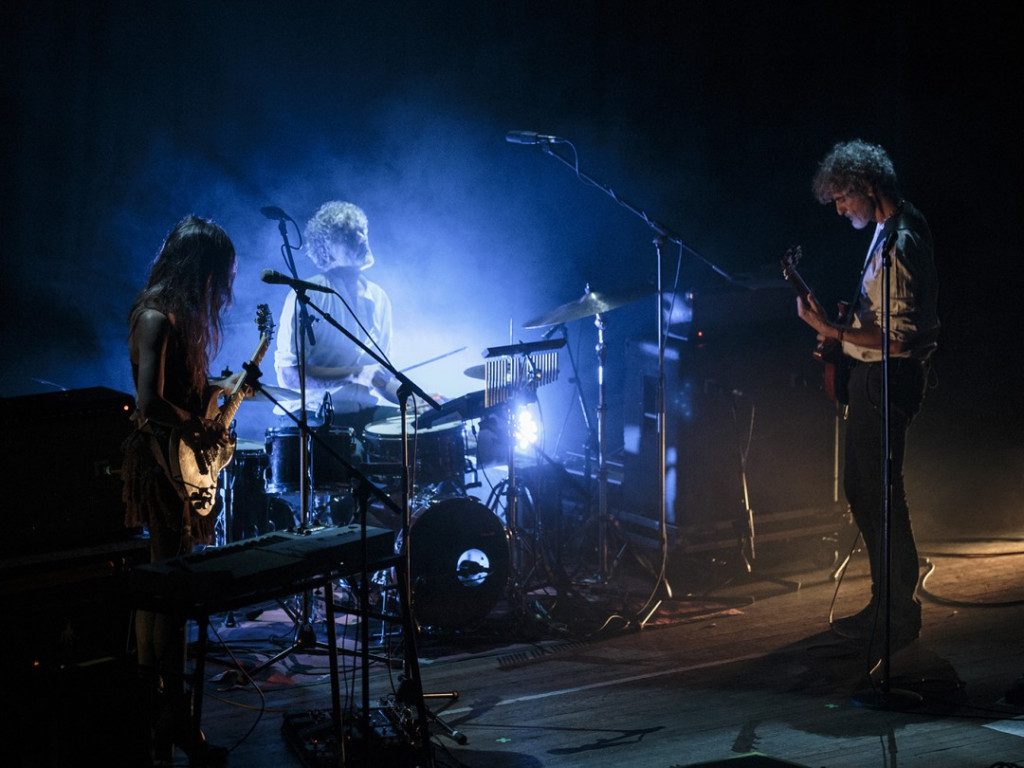
Blonde Redhead: Copyright Chris Patmore
All art forms require craftsmanship or technical skills to execute them properly. Even for the most basic pencil drawing, you need to decide on the hardness of the pencil and the type of paper required to achieve the result you want before considering technical aspects such as perspective or anatomy. Unfortunately, the craft and technical skills of art have long been abandoned in favour of free expression and concepts. This is another of those tiresome debates usually argued by those without skills and those with talent, whether they are innate or learned. By its nature, photography is inherently technical because of its reliance on machines and chemicals to produce an image. Whether it is art is down to intent, which is what, for example, separates ‘artistic’ nudes, erotica and porn. Most of the artists I’ve spoken to, in whatever medium, all see what they do as a vocation. It is something they have to do, the work is the reward and not the chance of financial remuneration. These are the true amateurs because they do what they do out of the love of creating.
I would argue that a good professional has to be an amateur at heart, to produce the best results, otherwise, it is akin to going to a prostitute for sex: you will get expert results but it will lack that vital element of love
Unfortunately, amateur has come to simply mean someone who does something for free, and they are [generally] viewed with some disdain by professionals, which is perfectly summed up by the quote from Red Adair, “If you think it’s expensive to hire a professional to do the job, wait until you hire an amateur”. Mind you, he was fighting oil well fires so he may have had a point in that case. I would argue that a good professional has to be an amateur at heart, to produce the best results, otherwise, it is akin to going to a prostitute for sex: you will get expert results but it will lack that vital element of love.

Of course, not all photography is meant to be art. Lots of photography is reportage, which can include holiday snapshots and selfies. Its purpose is to capture a record of an event. And with the rise and rise of digital image quality and convenience [in terms of pixels, not content], ‘citizen (photo)journalism’ is rapidly replacing skilled practitioners. The trouble is, that those phone photos are simply a record of an event by people who are constantly shooting everything in front of them, and the handfuls of existing experienced photographers simply are unavailable, or elsewhere.
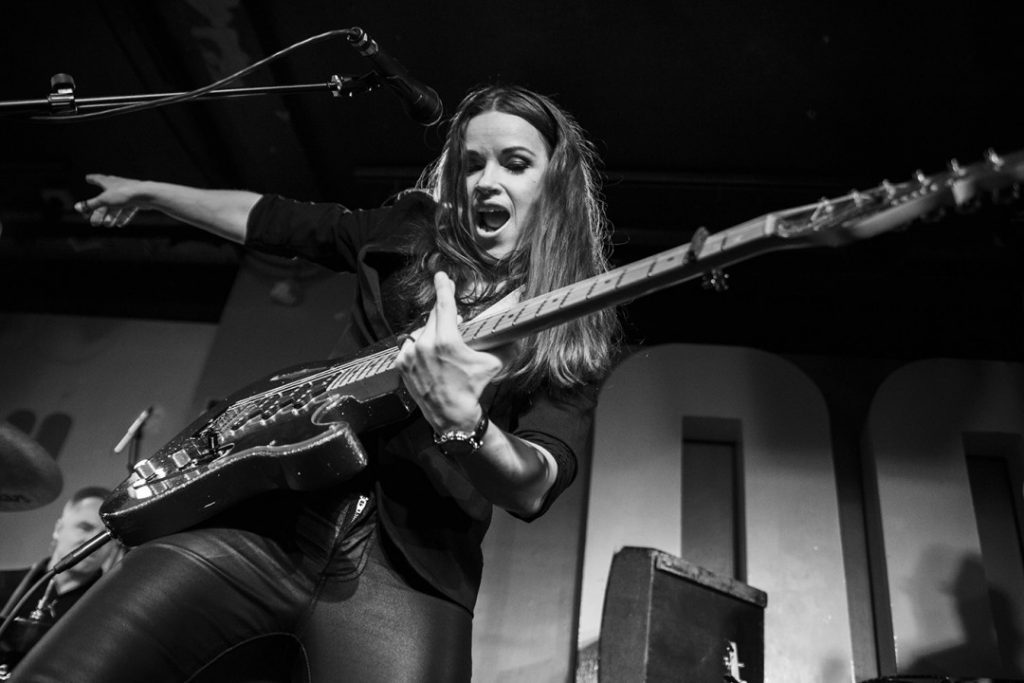
Erja Lyytinen: Copyright Chris Patmore
Most people are happy to see their phone photos appear online or in a newspaper in exchange for ’15 minutes of fame’ rather than payment. But those images are unlikely to win any awards or be hung on any gallery walls, like the works of such luminaries as Henri Cartier-Bresson, W. Eugene Smith or Elliot Erwitt. Should these ‘amateur’ photographers be paid for using their photos for news coverage and the constant demand for ephemeral content? Of course. If the publishers are generating money from the content, then those rewards should be shared with content providers. Unfortunately, most media outlets lack any sort of moral fortitude and if they can get away with not paying, they will. There are no end of stories of photographers seeing their work appearing in newspapers without prior permission, the savvier ones will simply send an invoice, which is invariably paid.
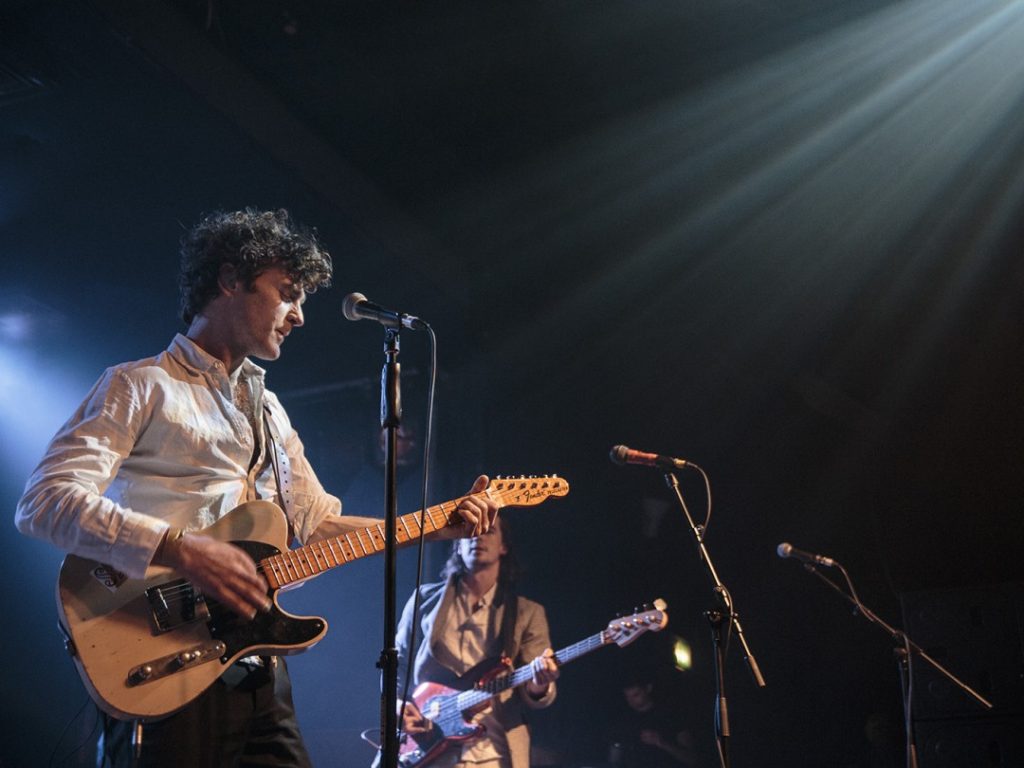
Harpo Smith: Copyright Chris Patmore
In the world of music/concert photography, because of the ever increasing number of people wanting to be involved in the erroneously perceived glamour of it, or simply to get into the massively expensive concerts for free, not being paid has become the default. With the demise of most of the printed music magazines, there are few outlets that have the ad-funded budgets to pay photographers [or journalists for that matter] the way they used to be.
If the press can’t get someone to shoot for free, or they prefer not to use slave labour, they buy from stock agencies like Getty, which is usually cheaper than paying their own professional freelance photographer, and when the dozens of photographers in the pit are essentially getting the same shots within the allocated three song limit, buying the agency shot provides an easy and practical solution.
From a personal perspective, I approach photography with an artist’s mindset. I do it because I love to do it [i.e. as an amateur], especially when it comes to shooting live music, which has the added bonus of listening to live music while I work.
A growing number of ‘famous’ bands [or their management], along with some major festivals, are presenting contracts that demand the rights to all the photos taken at the concerts
I generally find myself in the same boat as the musicians, working the toilet circuit for no money. If they aren’t being paid enough to cover their expenses, how are they going to pay a photographer? The thing is, I’m shooting these gigs because I want to, and not because I’ve been asked to do it free. I will even give the bands photos to share on their social media without charge [which a lot of other photographers frown upon], with the stipulation they are not used for commercial or promotional purposes without a paid licensing agreement. It’s a symbiotic relationship that is built on mutual artistic respect. Commissioned work, on the other hand, is always paid, even if it has to be at a negotiated, reduced rate, but I will always retain copyright.
A growing number of ‘famous’ bands [or their management], along with some major festivals, are presenting contracts that demand the rights to all the photos taken at the concerts. Situations like that are worse than working for free because they are taking away your potential for any future earnings, never mind any immediate [non-existent] ones.
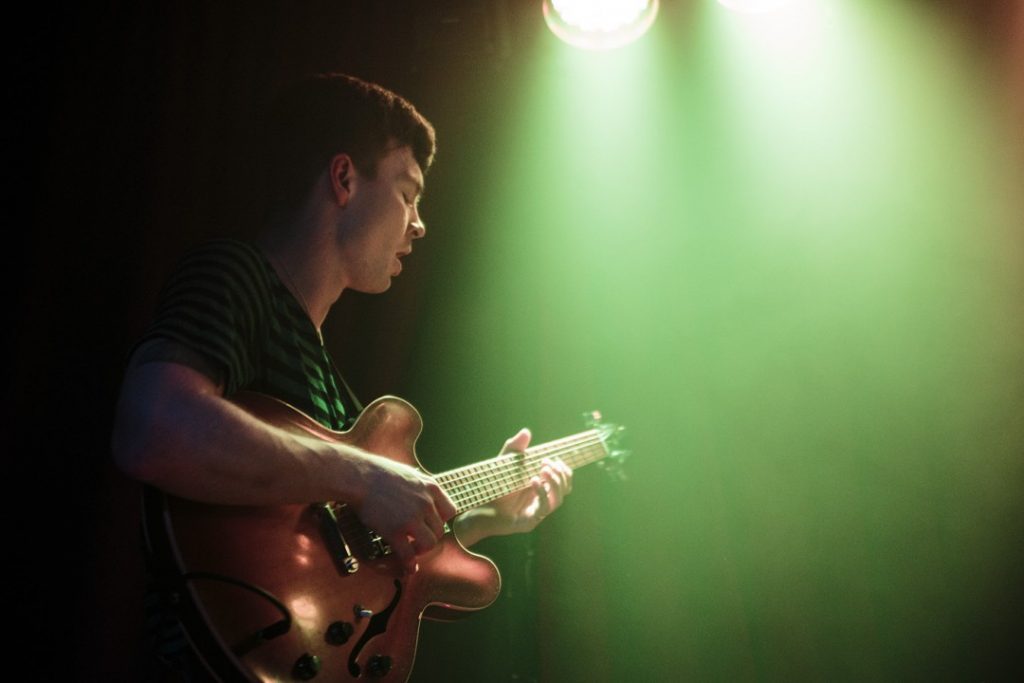
Yonaka: Copyright Chris Patmore
I would argue that there is nothing in wrong in working for free, if it is your choice, providing that you are in control of your copyright and how the images are used and distributed. At least as far as is possible in the age of the internet. However, being exploited by anyone who is making money from your work without payment, or is trying to take away your copyright, should be avoided at all costs. If you are being asked to shoot something [anything] for free, they clearly don’t see any value in your work and will guilelessly ask someone else if you refuse, so you have nothing to lose by not doing it.
For all those that berate photographers who will work for free, with the rationale they are taking work away from professionals, should consider that the ones at fault aren’t the photographers. These are people who are just trying to catch a break like everyone else, but those that choose not to pay. Those who have decided that the bottom line is more important than paying for quality work.
Ultimately. whether amateur, professional or a mixture of both, the important thing is to, ‘do good work and be nice to people’.

